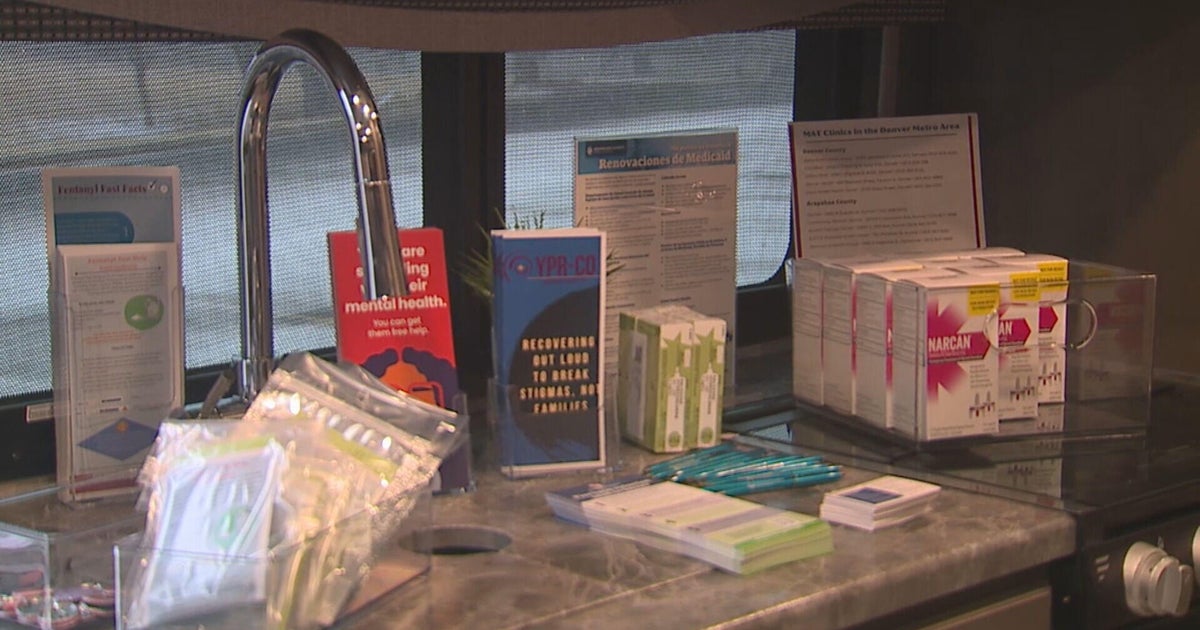RFK Jr. cuts CDC labs investigating outbreaks of STDs and hepatitis
Health and Human Services Secretary Robert F. Kennedy Jr. has eliminated the Centers for Disease Control and Prevention's laboratories for sexually transmitted diseases and hepatitis, multiple officials tell CBS News, disrupting ongoing work to respond to outbreaks.
Lab staff were informed this week of the cuts as part of the 10,000 layoffs done around the Department of Health and Human Services. Within the agency, officials are now warning of delays and disruptions to testing as a result.
The department did not immediately respond to a request for comment.
There was also not enough time for scientists to properly shut down the laboratories before they were locked out from their email systems and the building, two CDC officials said, with equipment still running and hazardous materials left unattended.
Specimens have continued to arrive at the agency this week, shipped from state public health labs and clinical testing laboratories around the country, multiple officials said, with no one from the agency's now-gutted lab staff left on the job to handle them.
No one also remains at the agency's communications staff, or in these labs, to tell state and local health departments to stop sending the tests or draw up plans for an alternative, a person familiar with the matter said.
"In some cases, the tests may be stopped altogether leading to wasted specimen samples and delayed test results," said one memo circulated among agency leaders after the cuts, obtained by CBS News.
In the CDC's STD testing lab, one official said that normally around 12,000 samples are processed and analyzed by the agency's scientists every year. The lab was run by around 30 to 35 full-time CDC employees, the official said, in addition to a handful of fellows.
While state and commercial laboratories can do a lot of testing themselves for more common germs, people familiar with the matter said, only the CDC has the capacity to test for rarer forms of sexually transmitted diseases and hepatitis.
In most developed countries, governments produce these tests since it is usually unprofitable for the private sector.
In one recent example from before the cutbacks, state health officials in Massachusetts worked with the CDC lab to investigate a "concerning" case of a new strain of gonorrhea that was resistant to a broad swath of antibiotics.
The agency also does sequencing on thousands of cases every year, publishing their genetic code to help researchers and health departments track and study outbreaks and worrying changes to viruses and bacteria.
"Right now, we've lost the ability to link cases through molecular epidemiology. The outbreak detection is gone," one person familiar with the matter said.
Officials said the labs also play a key role in supporting state and local health departments, which is now upended by their closure.
Many of the country's public health labs rely on the CDC as a "reference laboratory" for key supplies to be able to verify the accuracy of their own tests to investigate outbreaks, one CDC official said.
The CDC's laboratory staff also provide detailed technical guidance to America's labs on how to accurately test for diseases.
A major update was released last year on recommendations for testing for syphilis by the now-shuttered STD testing lab, amid a record surge in cases. Overdue updates to the agency's guidance on testing for chlamydia and gonorrhea were also in progress, one official said, before the staff were laid off.
The CDC's unattended labs
It can take months to properly close down these kinds of laboratories, one official said. Additional time would also have been needed to plan for an orderly handoff of their responsibilities for outbreak response and research.
The CDC's remaining leaders have been wrestling with how to handle the shutdown of various labs around the country, given the steep and abrupt layoffs in some parts of the agency.
In West Virginia, all the staff to care for and manage laboratory animals and toxic materials in CDC's National Institute of Occupational Safety and Health were cut, two officials said. All staff to manage those facilities are also off the job.
"Animals that were to be used in planned experiments will have to be destroyed. What a waste," one scientist said.
Scientists in the labs were surprised that they were laid off so abruptly, a CDC official said. Even during government-wide shutdowns from funding lapses, the department would at least have plans for making sure essential labs could be run or shut down properly, the official said.
Kennedy's department had previously said its reorganization of the agency would "focus on returning to its core mission of preparing for and responding to epidemics and outbreaks."



